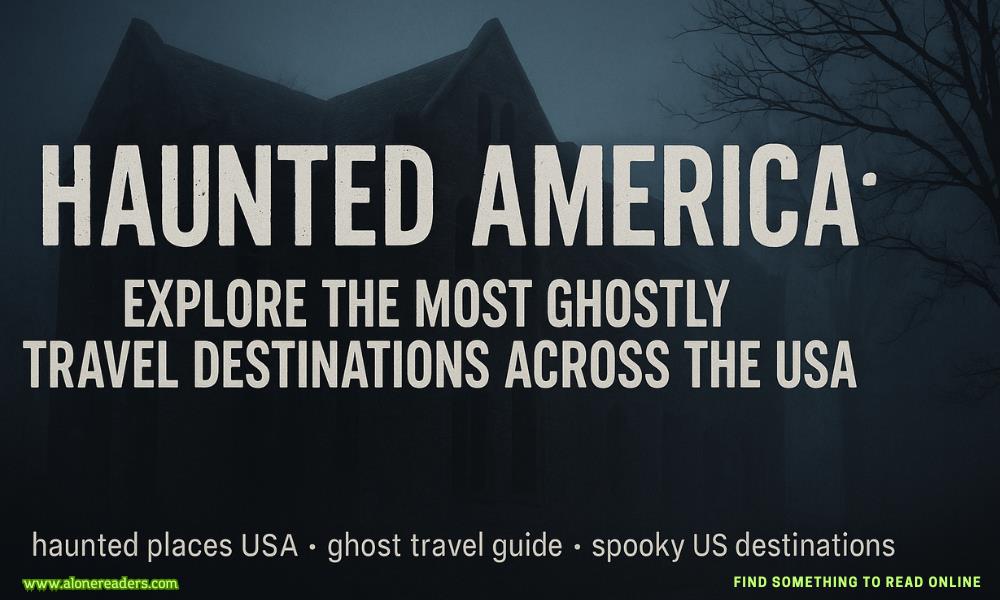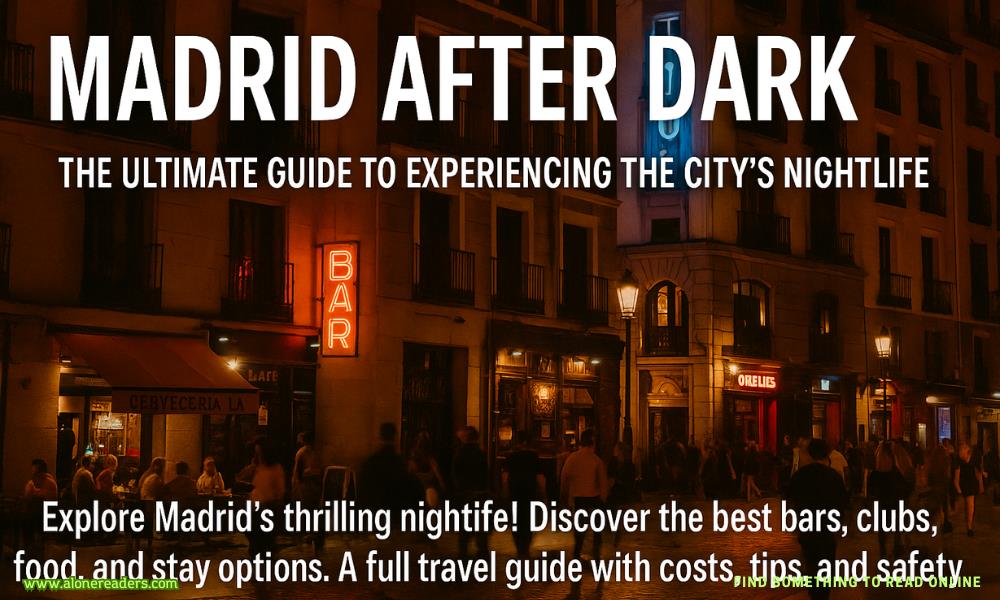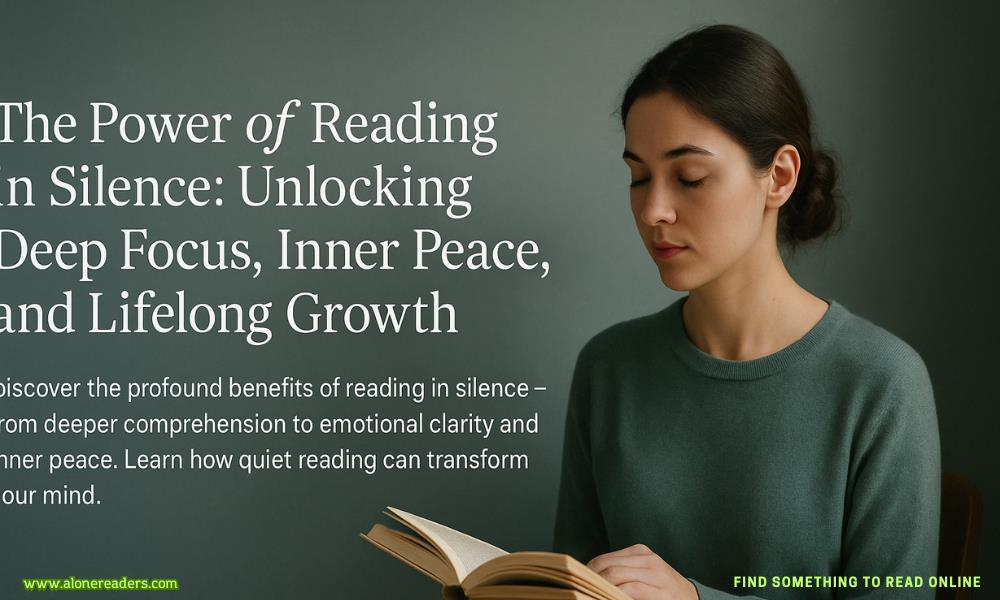Page 34 of Broken Country
I scream again, in pain, in rage, in fear, but the scream is also the start of my giving in to this immense pressure which feels as if my insides are being squeezed with metal. There is nothing to do now except push, and even the pain—nowords for the intensity, like being ripped in two, worse than that—feels good, helpful. My body has taken over.
“You’re doing really well,” Jimmy says in the soothing, professional tone of a midwife. Later we will laugh about this. “And you don’t need to worry. I’ve birthed loads of lambs and I reckon it’s the same thing. We are mammals, after all.”
And so it is that I deliver our baby into the waiting hands of my teenage brother-in-law. I don’t know how Jimmy understands he has to turn the baby over, this slippery, bloodied creature, and slap its bottom for that first reassuring cry, or whether he ties the umbilical cord then snips it off with scissors still smeared with this morning’s bacon, or how he realizes—lambing, I suppose—that two minutes later I’ll need to push out the afterbirth and we’re not done yet. But before long I am sitting on the floor with my baby boy, wrapped in a towel, in my arms.
“We did it,” I say to Jimmy, crying again. But these tears are different.
What can I say about the instant rush of love I feel for the tiny human in my arms? The dear little face I don’t yet know but am already addicted to.
“You did it,” Jimmy says. “I just helped at the end.”
“Is he OK?”
I don’t know why I’m asking a schoolboy without a scrap of medical training, but he has become godlike to me in this final hour.
“He’s perfect, Beth. Should you try feeding him? I think that side to side thing he’s doing with his mouth might mean he’s hungry?”
I unbutton the tent dress, push down my bra, direct my nipple toward my baby’s mouth, and, like a miracle, he clamps his lips around it and begins to suck. Jimmy and I look at each other and laugh.
Just then, the front door opens and Frank comes in, taking in the scene in an instant. “Oh, my God,” he says, hurling himself toward me, his face a fury of anxiety.
“It’s all right. Look,” I say. “Isn’t he lovely?”
“A boy?” He kneels on the floor and places a hand on the baby’s cheek.
And I see it, the wave of elation that transforms his face, just as mine must have been when I saw our baby for the first time. There can be no greater intoxication, no purer feeling, than the moment when you meet your child after all the months of wondering and hoping and dreaming.
“I love him,” he says.
“I know.”
“We’re lucky.”
“We are.”
He is ours, we are his, we are three.
1968
Nina’s father insists on marking her engagement to Jimmy with an open bar at the Compasses. I could have told him free drinks on a Friday night would mean bun-fight at best, total carnage at worst, but, as a pub landlord, I suspect he knows that.
To begin with, I enjoy the engagement party. I love watching Nina being hugged and kissed, and even thrown up in the air by one whiskery old farmer. Like Jimmy often says, teasing her—she’s a big hit with the over-seventies. In truth, Nina is everyone’s favorite. In her bright pink minidress, joy is radiating from her. The men pretend to be jealous—“Lucky bastard, what have you got that we haven’t?”—and give Jimmy too many pints, then too many whiskies. The women want to see Nina’s ring. An opal surrounded by seed pearls, it used to belong to Jimmy’s mother.
There’s a fair amount of backslapping and cheek-pinching for Frank too, as he’s well loved in the community. Frank donates a whole lamb for the church raffle at Christmas, allows farming friends to graze our fields for free, has been known to leave mystery food parcels on the doorsteps of those who need it. When Bobby was alive Frank was often at the school bleeding radiators and patching up rotten doors as if he were an odd-jobman rather than the time-pressed farmer he is. Every year he won the fathers’ race at sports day, a foregone conclusion with his long legs, his fitness and extreme youth, but even so, you’d see the whole crowd screaming his name.
I watch my husband climb up on a barstool which lookstoo rickety for his frame but he balances effortlessly, bangs a spoon against his glass. “There’s going to be a wedding at Blakely Farm. And you are all invited.”
The uproar is intense. Village weddings tend to follow a pattern in Hemston: Everyone comes, everyone provides, the cost and stress shared equally among the families who have lived here forever. The people of Hemston know how to throw a good party. And if these collective weddings feel a bit formulaic sometimes—same faces, same food, once or twice even the same dress, altered a little to fit the new bride—no one cares.
Within an hour we have been offered a marquee, trestle tables, bunting, a live band, barrels of cider and ale from the pub, pigs for a spit-roast, a wedding cake. The ladies who do the church flowers volunteer for the wedding, and a sideline conversation breaks out. What would be best for September—marigolds and white azaleas? A traditional orange-and-white theme, they decide. Helen says she will make Nina’s dress. She’s still a talented seamstress who, like me, was once top of the class at school and destined for greater things. Life rarely works out the way you expect.
I could watch my brother-in-law all night. He looks so proud as his future wife is embraced by one pair of arms after another. Nina has tried her best to modernize Jimmy, bringing home jeans from London and a rather garish short-sleeved shirt, which he wears tonight, under duress.
“Snazzy outfit,” I tell him, and he rolls his eyes.
“I feel like a fool.”
“What will you wear for the wedding?”
- Her Desert King by Marian Tee
- A Wife's Duty by Sam Crescent
- The Gift that Keeps On Giving by Jessa Kane
- Hard Hearts by Ella Goode
- Obsidian Devotion by Sylvia Rae
- Sold to the Single Daddies by Summer Haze
- Coast by Jessica Gadziala
- Jezebel's Liberation by Lacy Rose
- A Touch of Fate by Cora Reilly
- Relentless Knight by Lisa Cullen
- The Cheerleader by Jade Marshall
- With this Ring by Sierra Cartwright
- Axel by Kelly Finley
- Ice Cold Liar by Cynthia Eden
- Her Daddies' Everything by Laylah Roberts
- Bound By Lust by Rose Marie







